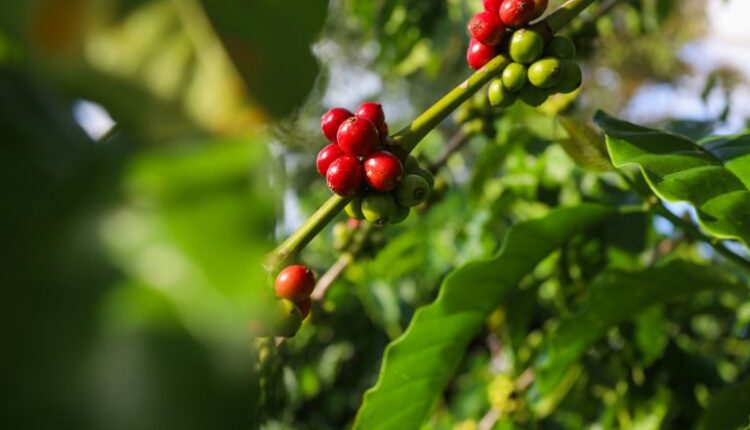Traceability Measures Help Vietnamese Coffee Exports Soar, Particularly In Europe Market – CoffeeTalk
Vietnam’s coffee exports have reached a historic high, amounting to U$8.4 billion during the 2024-2025 crop year, as reported by the Vietnam Coffee-Cocoa Association (VICOFA). This achievement is significantly attributed to enhanced traceability measures that not only bolster the country’s integration into the European market but also comply with strict sustainability standards. The export volume increased by 1.8 percent, while the value surged by 55.5 percent compared to the previous crop year, with an average export price climbing to U$5,610 per ton—an increase of 52.7 percent.
The European market emerged as Vietnam’s largest export destination, accounting for 47.2 percent of total export volume, translating to over U$4 billion. Deputy Minister of Agriculture Hoang Trung attributes this success largely to Vietnam’s strategic shift towards sustainability and robust traceability initiatives. The national traceability database currently encompasses 137,000 hectares of coffee plantations, with plans to expand to 462,000 hectares, which represents approximately 80% of the coffee-growing areas in the Central Highlands. This move has led to Vietnam being classified as a low-risk country under the EU Deforestation Regulation (EUDR), resulting in reduced inspection requirements for imports.
Beyond the export figures, Vietnam’s production is estimated to have reached nearly 2 million tonnes. The focus on improving coffee quality through initiatives such as coffee replanting programs and specialty coffee projects has further enhanced the country’s coffee reputation on the global stage. Recognizing that quality carries greater importance than mere volume, the industry has successfully aligned with high food safety standards, garnering international acclaim.
To ensure the sustainability of this growth, the ministry and VICOFA have proposed initiatives aimed at promoting sustainable coffee production. Farmers are being encouraged to adopt international certification standards including Rainforest Alliance, Fairtrade, and others. Moreover, a shift towards low-emission farming practices is being advocated to mitigate production costs while promoting water conservation measures.
Looking ahead, the Vietnamese coffee sector plans to diversify its export markets, with a particular focus on expanding partnerships within Asia and Southeast Asia. This strategic approach aims to solidify Vietnam’s position as a key player in the global coffee market while maintaining its commitment to sustainable practices.
Read More @ AgTech
Source: Coffee Talk



